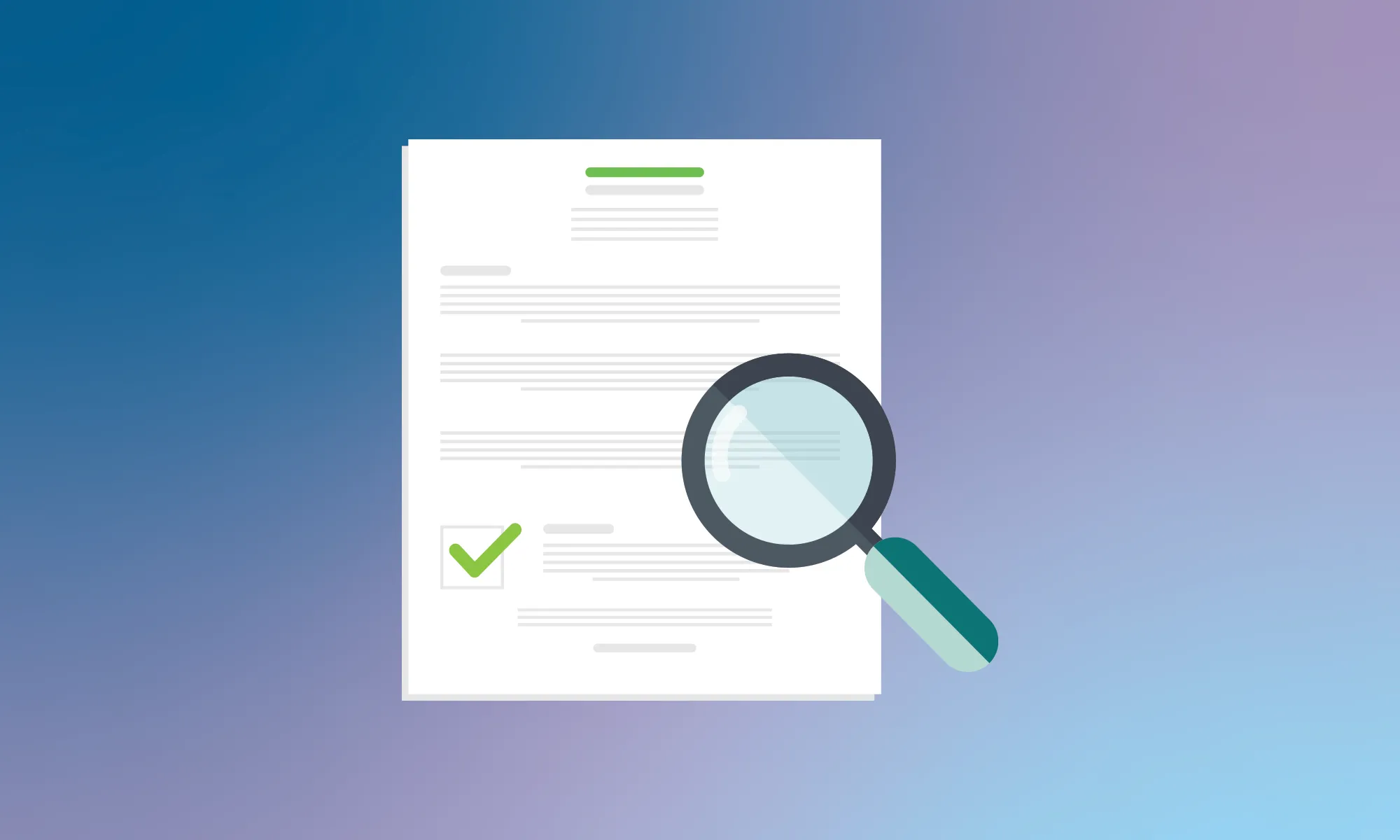Taiwan VAT Guide for International Businesses
Summary
Standard VAT Rate
5%
Digital Reporting Requirements / E-invoicing
Yes
Sales Tax on Cross-Border Electronically Supplied Services
No
Tax Authority Website
National Taxation Bureau of Taipei - Ministry of Finance (財政部臺北國稅局)
VAT Rates in Taiwan
Taiwan levies two different business tax types: Value Added Tax (VAT) and Gross Business Receipts Tax (GBRT). VAT is often referred to as “value-added business tax,” while GBRT is called the “non-value-added business tax.” Both VAT and GBRT should be levied on the sales amount. In some scenarios both VAT and GBRT may be applied.
VAT
The standard VAT rate (value-added business tax) is 5%, with some goods and services exempt from Taiwanese VAT, such as the sale of land, the water supplied to farmland for irrigation, medical services, medicine, ward lodging, and meals provided by hospitals, clinics, and sanitariums.
GBRT
GBRT (non-value-added business tax) applies to specific industries (e.g. financial institutions and small businesses). The value of GBRT depends on the entity type, type of supply, and other parameters. The applicable rate ranges from 0.1% to 25%. For example, for investment trust companies, short-term commercial paper enterprises, and pawnshops, the rate is 2%. The GBRT rate on revenues derived from the core business operations of banks and insurance enterprises is 5%.
VAT Registration Thresholds in Taiwan
- VAT registration threshold for domestic established sellers: No registration threshold
- VAT registration threshold for non-established sellers: No registration threshold
- VAT registration threshold for non-resident suppliers of Digital Services: Annual turnover exceeding TWD 480,000
Taiwanese VAT Number Format
Individuals: The format of the Tax ID Number (TIN) varies, based on a number of parameters.
- For nationals who have or had household registration: National ID Card Number: ten-digit code, consisting of an alphabetic letter in the first place and 9 digits string
- For nationals who have never applied for household registration, people of the Mainland China area, Hong Kong/Macau Residents, and foreigners: (1) UI Number: ten-digit code with two alphabetic letters followed by an eight-digit numeric string (2) Tax Code (for individuals who do not acquire a UI Number):
- For individuals of the Mainland China area: a seven-digit code
- For individuals other than the ones of Mainland China: a ten-digit code
Businesses: the Business Administration Number (BAN) consists of 8 digits
VAT on Digital Services in Taiwan
Taiwan has formally implemented a VAT obligation for cross-border sales of business-to-consumer (B2C) electronic services. Foreign sellers providing cross-border electronic services to individual buyers should be required to register for VAT purposes in Taiwan, file VAT returns, and pay VAT if their annual sales exceed TWD 480,000. The provision requiring foreign sellers to register for qualified sales of digital services has been in place since 2017.
The VAT rate levied on the supply of Digital Services is 5%.
Types of digital services that fall within this obligation include:
- Services that can be downloaded through the internet and saved on computer and/or mobile devices
- Services that can be used online without being downloaded (e.g. in digital forms, like online games, advertisements, audio-visual browsing, and voice frequency broadcasting)
- Services that are ordered online but delivered in a physical location (e.g. short-term accommodation, rental of transport services). For example, the services are supplied through the online digital platforms set up by the foreign entity and used at a physical location in Taiwan.
Will your business need to pay VAT on digital services in Taiwan in 2024?
Learn More About VAT on Digital Services in Taiwan
Marketplace & Platform Operator Rules in Taiwan
Non-established service providers operating digital platform services to individuals in Taiwan may be required to register for VAT in Taiwan, charge and remit VAT on its supplies.
The platform operator, under specific circumstances, is deemed a supplier and should levy VAT on supplies provided through its electronic marketplace.
Invoice Requirements in Taiwan
According to Regulations Governing the Use of Uniform Invoices, business entities should provide:
- Document & general transaction information
- The alphabetical letters and numbers of the uniform invoice
- Date of invoice issuance
- Supplier information
- Name, address, and identification number
- Customer information
- The name and identification of the purchaser are dependent on the type of Uniform Invoice issued and available info
- Financial transaction information
- Item name
- Quantity
- Unit price
- Item subtotal
- Sales amount
- Tax classification
- Tax
- Total amount
E-Invoicing & Digital Reporting for Taiwan
The Taiwan Ministry of Finance and the related National Taxation Administration are institutions leading the digitalization and implementation of e-invoicing obligations in Taiwan. The invoicing system in Taiwan is based on the usage of Government Uniform Invoices. These are specific to the state and type of invoices available and can be used in different formats, depending on the residence of the supplier/purchaser, type of business activity, annual turnover, and so forth. In 2018 the Taiwanese Government started the gradual, mandatory introduction of the so-called Electronic Government Uniform Invoices (eGUIs).
The E-Invoicing system in Taiwan is based on the real-time reporting of the eGUIs. The eGUIs have replaced paper-based scanned invoices in some circumstances. Non-resident entities performing cross-border supplies should be obliged to issue eGUIs to the end consumer and to report the sales transaction to the Electronic Platform of the Ministry of Finance, following the mandatory format and strict deadlines for transmission of sales data.
Before the foreign supplier of digital services can issue cloud-based eGUI’s, it should be mandatory to be registered with the MoF portal and receive a range of eGUI’s serial numbers, which will be allocated as a prescribed unique number on each document issued. The supplier should ask for a range of numbers on a bi-monthly basis (the tax reporting period timeframe).
An eGUI should comply with MIG 3.2.1 based on an XML format provided by the tax authority.
The foreign supplier of digital services to Taiwanese end consumers should report the sales data of the cloud-based eGUI within 48 working hours of the transaction.
Domestic suppliers or foreign suppliers with a physical presence in Taiwan performing B2B transactions should report eGUI to the Platform of the Ministry of Finance within 7 days of the transaction.
Learn more about E-Invoicing and Digital Reporting in Taiwan
Governmental Body Responsible for E-Invoicing and Digital Reporting in Taiwan
The Governmental body responsible for e-invoicing and digital reporting of transactions in Taiwan is the National Taxation Bureau of Taipei (Ministry of Finance).
The Fiscal Information Agency, an agency within the Ministry of Finance, provides taxpayer assistance for technical inquiries related to E-Invoicing.
VAT Payments and Returns in Taiwan
Full VAT Returns
Penalties in case of late filings or misdeclarations
In the case of the late filing of VAT returns and payments, the Taiwanese Tax Authority should enforce the following penalties:
Late payment
- A 1% surcharge on late payment for every two days in arrears, starting from the day immediately following the date the time limit expires should be imposed as a penalty
- For payment not made within thirty days, the competent tax authority may, refer the case to court and may suspend business activities
Agent’s failure to file and pay
- Tax-filing agent (tax proxy of foreign supplier) who fails to file a business tax return and pay on behalf of the taxpayer should be fined between TWD 3,000 and TWD 30,000
Disclaimer on Tax Advice
Fonoa does not provide professional tax opinions or tax management advice specific to the facts and circumstances of your business and that your use of the Specification, Site, and In addition, due to rapidly changing tax rates and regulations that require interpretation by your qualified tax professionals, you bear full responsibility to determine the applicability of the output generated by the Specification and Services and to confirm its accuracy. No professional tax opinion and advice. Fonoa does not provide professional tax opinions or tax management advice specific to the facts and circumstances of your business and that your use of the Specification, Site, and In addition, due to rapidly changing tax rates and regulations that require interpretation by your qualified tax professionals, you bear full responsibility to determine the applicability of the output generated by the Specification and Services and to confirm its accuracy.










